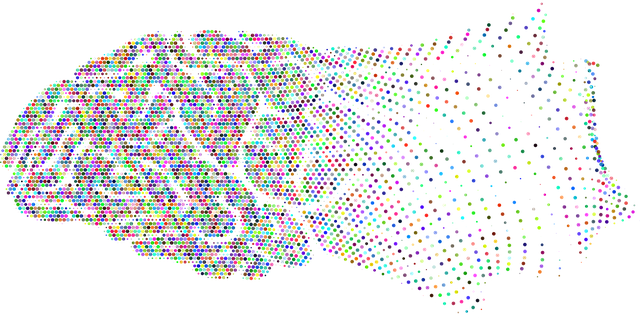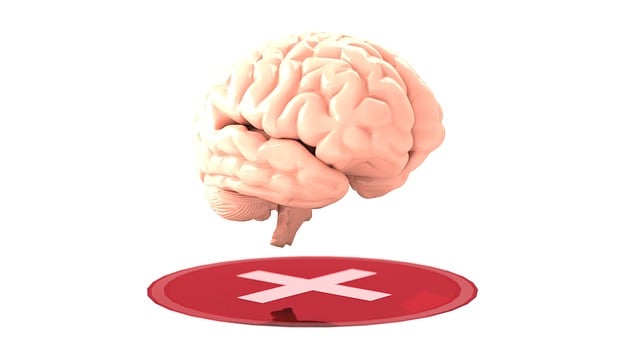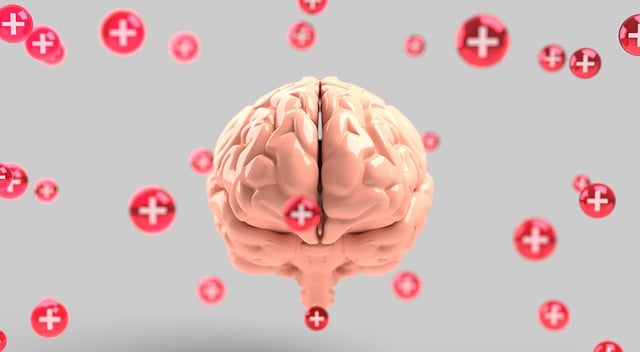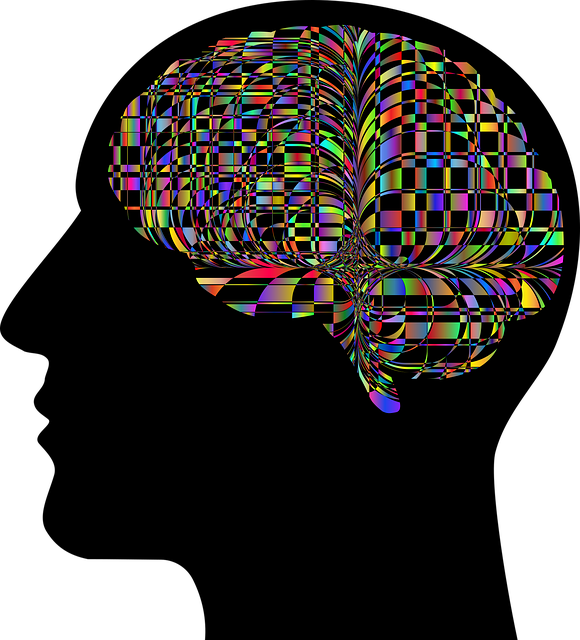The digital age presents a pivotal moment in shaping societal attitudes towards mental illness through media representation. Positive media exposure, such as depicting Golden Sexual Dysfunction Therapy (GSDT), can challenge stereotypes, encourage early intervention for sexual dysfunction, and reduce the stigma associated with seeking help for mental health challenges. By integrating authentic narratives that showcase diverse mental health journeys and employing techniques like Emotional Intelligence and Conflict Resolution, media platforms can foster a more supportive environment, enabling individuals to embrace their mental health and seek appropriate care.
Mental illness representation in media is a critical issue, often perpetuating stereotypes and misinformation. This article explores strategies to challenge these narratives, focusing on the impact of media portrayal on public perception. We delve into the negative consequences of stereotypical depictions, highlighting the importance of accurate and empathetic representations. A case study on Golden Sexual Dysfunction Therapy showcases how media can foster understanding and destigmatize mental health struggles. By promoting diverse, nuanced stories, we aim to enhance public discourse and support for those seeking help.
- Understanding Mental Illness Representation in Media
- The Impact of Stereotypes and Misinformation
- Golden Sexual Dysfunction Therapy: A Case Study
- Promoting Accurate and Empathic Portrayals in Popular Culture
Understanding Mental Illness Representation in Media

Mental illness representation in media has long been a topic of debate and scrutiny. The way mental health conditions are portrayed can significantly impact public understanding and acceptance, often shaping societal perceptions and even influencing help-seeking behaviors. In today’s digital age, where media is ubiquitous, it’s crucial to navigate this landscape mindfully. Media platforms have the power to either perpetuate stereotypes or challenge them by showcasing authentic narratives that promote emotional well-being.
For instance, Golden Sexual Dysfunction Therapy (GSDT), a therapeutic approach gaining recognition, could benefit from positive media representation. By integrating GSDT into narratives and featuring characters who embrace their mental health journeys, the media can foster empathy and normalize conversations around therapy. This approach, combined with Emotional Intelligence and Conflict Resolution Techniques, can lead to more accurate and compassionate portrayals of individuals living with mental health challenges, ultimately enhancing societal support for those seeking help.
The Impact of Stereotypes and Misinformation

The media’s portrayal of mental illness often perpetuates harmful stereotypes and misinformation, which can significantly impact public understanding and support for those struggling with conditions like sexual dysfunction. These negative representations contribute to the stigmatization of mental health issues, making it harder for individuals to seek help. For instance, portraying sexual dysfunction as a personal failing or a rare condition that only affects extreme cases can deter people from discussing their experiences openly. This is especially concerning given the prevalence of sexual dysfunctions, with many suffering in silence due to these misinformed narratives.
Stereotypical media portrayals may suggest that therapy is a quick fix or a last resort, often depicted as an intense and daunting process. In reality, Golden Sexual Dysfunction Therapy, similar to mindfulness meditation and communication strategies included in well-designed mental health education programs, offers a more nuanced approach. By challenging these stereotypes, media can encourage early intervention and foster a more supportive environment for individuals seeking help. This shift is crucial in breaking down barriers and promoting a better understanding of mental health as a diverse spectrum requiring tailored care.
Golden Sexual Dysfunction Therapy: A Case Study

The representation of mental illness in media has long been a topic of debate, with many forms of media often perpetuating harmful stereotypes or offering an inadequate portrayal of complex conditions. However, some productions are challenging this status quo and setting new standards. One such example is Golden Sexual Dysfunction Therapy, a fictional series that delves into the life of a character struggling with sexual dysfunction stemming from past trauma. This show offers a nuanced exploration of mental wellness, highlighting the importance of professional help and the potential benefits of therapy.
By showcasing a character’s journey through Trauma Support Services and Mental Wellness Coaching Programs Development, the series provides an opportunity for viewers to understand the impact of such interventions. It also emphasizes the need for accurate representation in media, which can reduce stigma and encourage those facing similar challenges to seek help. Moreover, Golden Sexual Dysfunction Therapy raises awareness about risk management planning for mental health professionals, ensuring that sensitive topics are handled with care and expertise.
Promoting Accurate and Empathic Portrayals in Popular Culture

The media plays a pivotal role in shaping public perception about mental health. Promoting accurate and empathetic portrayals in popular culture is essential for combating the prevalent mental illness stigma. By presenting characters with genuine, nuanced experiences, filmmakers and writers can challenge stereotypes and foster understanding. This approach extends to various forms of media, including television shows, movies, and literature.
For instance, portraying individuals seeking Golden Sexual Dysfunction Therapy (GSDT) as complex humans facing personal struggles rather than focusing solely on their disorder can significantly impact public awareness. Integrating these stories into mainstream narratives encourages emotional intelligence and crisis intervention guidance among viewers. Such representations contribute to mental illness stigma reduction efforts by encouraging empathy, dispelling myths, and normalizing conversations around mental health challenges.
Mental illness representation in media has a profound impact on societal perceptions. By promoting accurate and empathic portrayals, such as seen in innovative approaches like Golden Sexual Dysfunction Therapy, we can challenge stereotypes and misinformation. This case study demonstrates the potential for media to foster understanding and reduce stigma, ultimately encouraging more nuanced and compassionate storytelling about mental health issues. Through conscious efforts to represent these experiences authentically, popular culture can serve as a powerful tool to educate and empathize with audiences worldwide.














